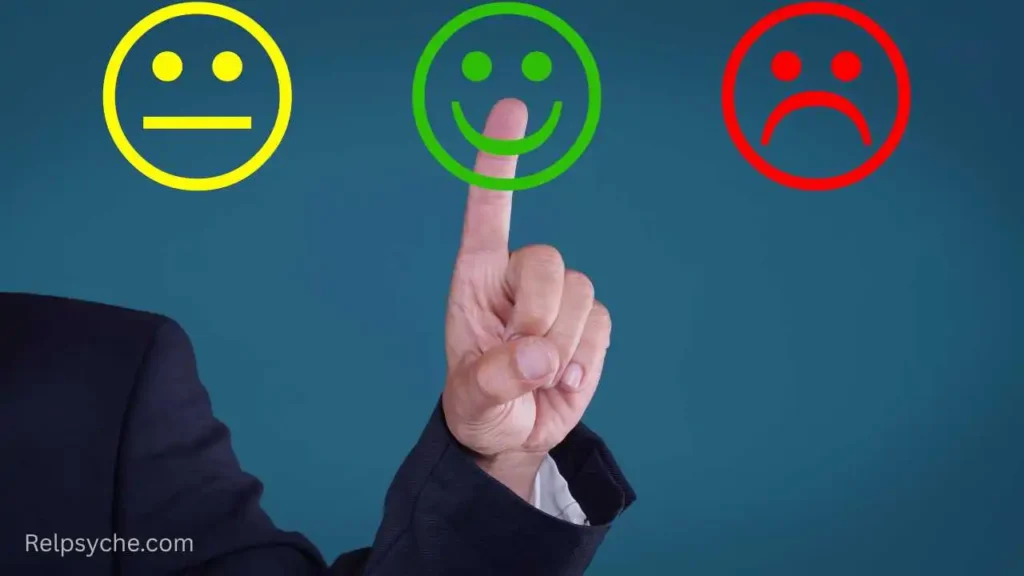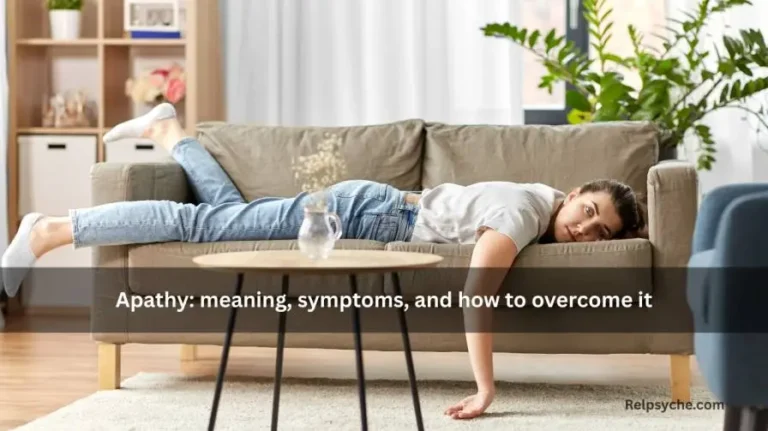Biopsychosocial Assessment: The Essential Guide
Biopsychosocial assessment may sound like a big word, but it’s actually a simple way for professionals to understand someone fully. Instead of just asking about your body or your feelings, this assessment looks at three main areas of your life:
- Biological (your body and health),
- Psychological (your mind and emotions),
- Social (your family, school, or work life).
Using a biopsychosocial assessment, doctors, therapists, or counselors can see what’s really going on and create a better plan to help. It is used for children, teens, and adults. Whether you’re feeling sad, anxious, stressed, or sick, this kind of assessment looks at the full picture.
Table of Contents
What Is a Biopsychosocial Assessment?
A biopsychosocial assessment is a way of collecting information from a person about their health, feelings, and life to understand how these areas connect and affect their well-being. It’s often used in therapy, counseling, medical visits, and mental health treatment.
This kind of assessment helps answer questions like:
- Why is someone feeling this way?
- What parts of their life are helping or hurting their health?
- What kind of care or support will work best for them?
Instead of guessing or only focusing on symptoms, professionals use the biopsychosocial assessment to build a full picture of someone’s life.
The Three Main Parts of the Biopsychosocial Assessment
1. Biological (Bio)
This part is about the person’s physical health and body.
It includes:
- Current medical issues
- Family history of health problems
- Sleep habits
- Eating and nutrition
- Physical pain or illness
- Medication use
- Drug or alcohol use
- Exercise habits
Example questions:
- “Do you have any health problems right now?”
- “How often do you sleep at night?”
- “Are you taking any medicine?”
- “Do you use tobacco, alcohol, or drugs?”
Why it matters: Problems with the body can cause mental stress — and the other way around. So it’s important to check the body when someone feels unwell.
2. Psychological (Psycho)
This part focuses on the person’s thoughts, emotions, and mental health.
It includes:
- Mood (happy, sad, angry, anxious)
- Stress levels
- Past trauma or hard experiences
- Coping skills
- Self-esteem
- Memory or focus problems
- Thoughts of harm or suicide
Example questions:
- “Have you been feeling sad, anxious, or angry?”
- “Have you had trouble sleeping or eating due to stress?”
- “Have you been through any very difficult experiences?”
Why it matters: Our emotions and thoughts affect how we live. If someone is feeling very stressed or depressed, it can affect their whole life. This part of the biopsychosocial assessment helps therapists understand emotional needs.
3. Social
This part looks at a person’s environment, relationships, and support systems.
It includes:
- Family and home life
- School or work situation
- Friendships
- Housing and safety
- Financial stress
- Cultural or community support
- Legal or social problems
Example questions:
- “Who lives with you at home?”
- “Do you feel supported by your family or friends?”
- “Are you going to school or working right now?”
- “Do you feel safe in your home or neighborhood?”
Why it matters: Even if someone is physically healthy and mentally strong, a stressful home, work, or social life can affect their overall well-being. The biopsychosocial assessment makes sure that no part of a person’s life is ignored.
Why Is a Biopsychosocial Assessment Important?
A biopsychosocial assessment is important because it:
- Looks at the whole person, not just symptoms
- Helps build a clear picture of what is really going on
- Helps professionals give the right kind of care
- Shows how different parts of life are connected
- Helps people feel heard and understood
For example, a teen may seem angry and act out at school. But the assessment may show that they are struggling with grief after losing a family member (psychological), not eating well (biological), and being bullied (social). Now, the therapist knows how to help better.
Who Uses a Biopsychosocial Assessment?
Many professionals use the biopsychosocial assessment, including:
- Therapists and counselors
- Doctors and nurses
- Psychiatrists
- Social workers
- Substance abuse counselors
- School psychologists
It is often done during the first session with a new client or patient. It helps the professional make a plan for therapy or treatment that fits the person’s full needs.
What Happens After the Assessment?
After the biopsychosocial assessment, the professional will:
- Review all the answers
- Look for patterns or problems in the person’s life
- Create a treatment plan, which may include therapy, support, or medical care
- Work with the person to set goals and steps for feeling better
Sometimes, the assessment may lead to more tests or meetings with other health experts.
Example: How a Biopsychosocial Assessment Works
Let’s meet Liam, a 22-year-old who feels tired, sad, and unmotivated.
His biopsychosocial assessment shows:
- Bio: He has low energy, eats junk food, and sleeps poorly.
- Psycho: He feels depressed and anxious and has trouble focusing.
- Social: He just lost his job, feels isolated, and lives far from his family.
Now the therapist sees that Liam’s sadness is linked to his health and social life too. With this full view, the therapist can help Liam with therapy, better health habits, and social support.

Conclusion
The biopsychosocial assessment is a smart, helpful tool that looks at every part of a person’s life — their body, their mind, and their world. It’s a way for helpers like therapists and doctors to get the full picture, so they can offer the best support.
By understanding how everything connects, this type of assessment helps people feel seen, understood, and better cared for.
For personalized support on your journey to self-improvement, explore therapy options at psychologyorg.
If you want to read more articles similar to Social Media and Mental Health, What You Need to Know we recommend that you enter our psychology category.
FAQs
Q1: What is a biopsychosocial assessment?
It is an assessment that looks at your body, mind, and social life to understand your health and well-being fully.
Q2: Who uses this assessment?
Therapists, doctors, counselors, and social workers use it to learn about the people they help.
Q3: How long does it take?
Usually between 30 minutes to 1 hour, depending on how much information is shared.
Q4: Do I need to prepare?
Not really, but it helps to think about your health, feelings, and life situations before your appointment.
Q5: Can it help with mental health issues?
Yes. It’s used to understand depression, anxiety, trauma, addiction, and more.

I’m Emma Johnson, a psychologist who loves to write and share ideas.
I enjoy making psychology simple so everyone can understand and use it in daily life.
If you’d like to talk, ask questions, or work together, feel free to reach out.
Let’s learn and grow in the world of psychology together!







